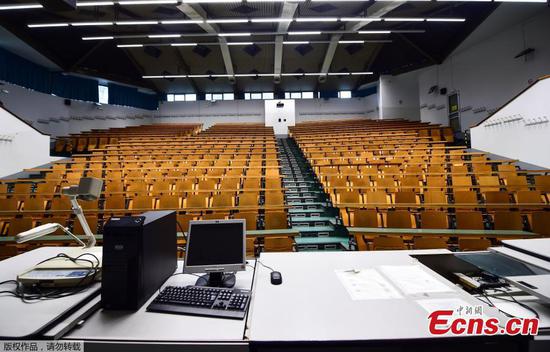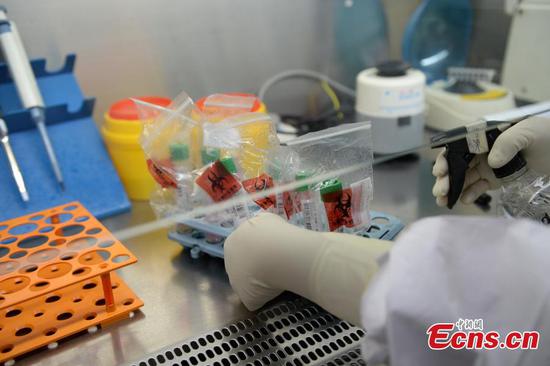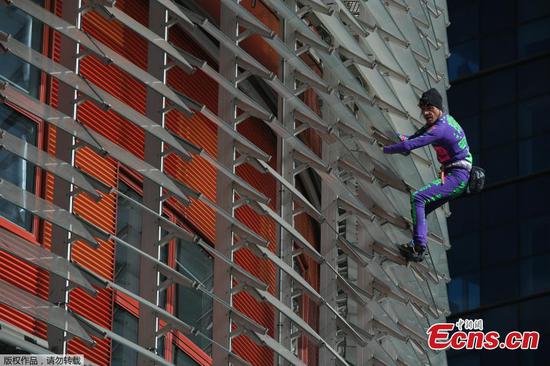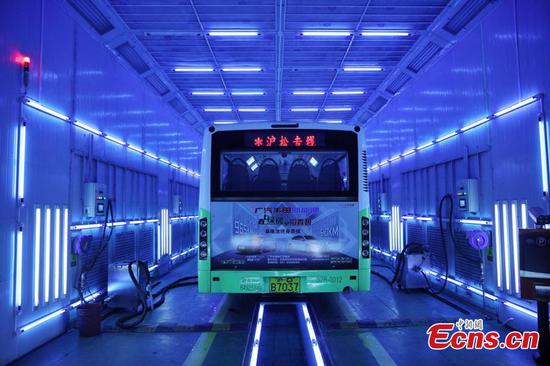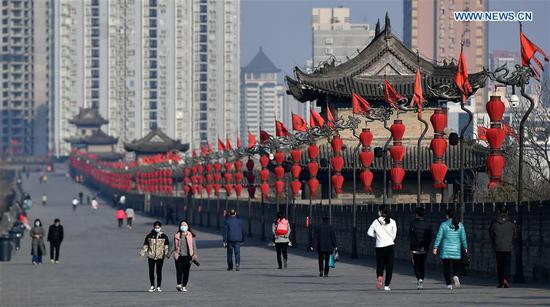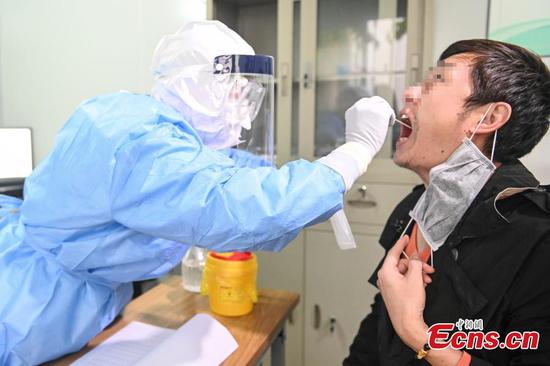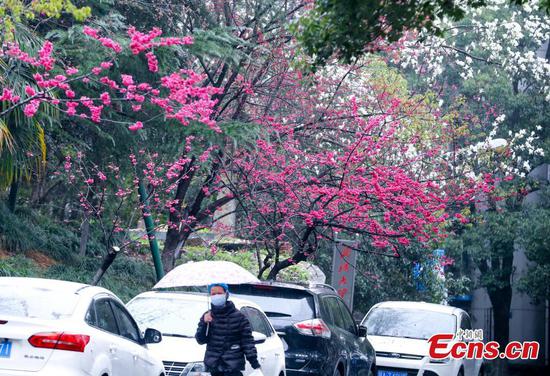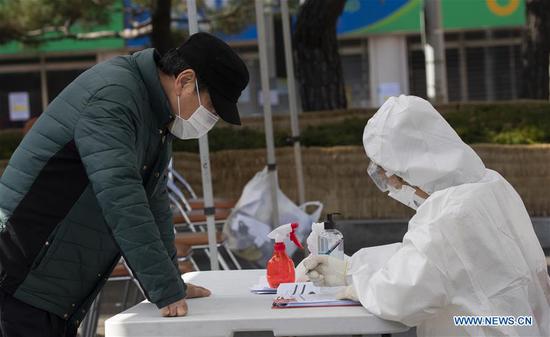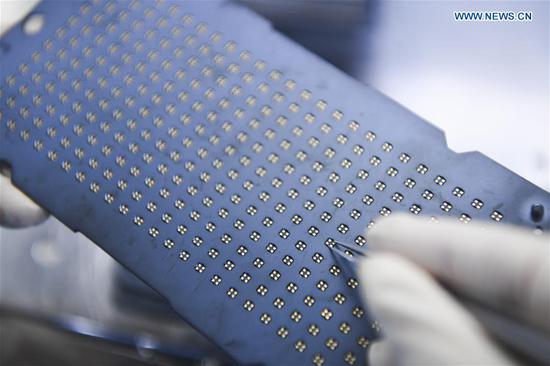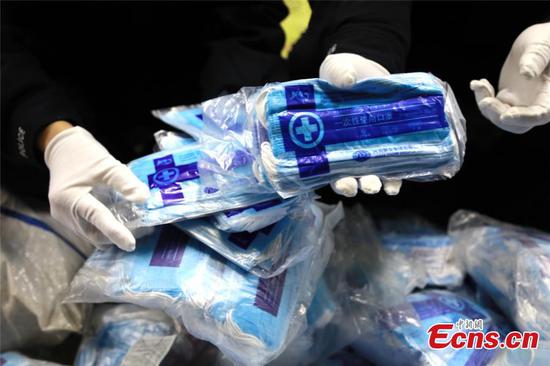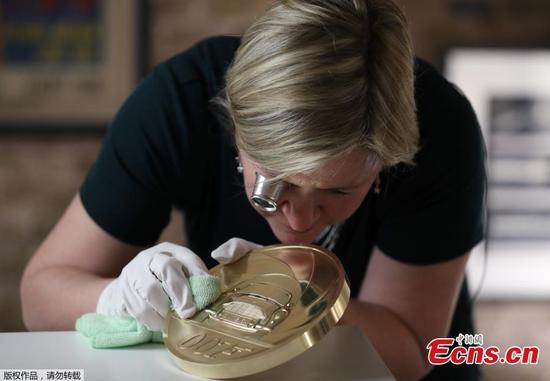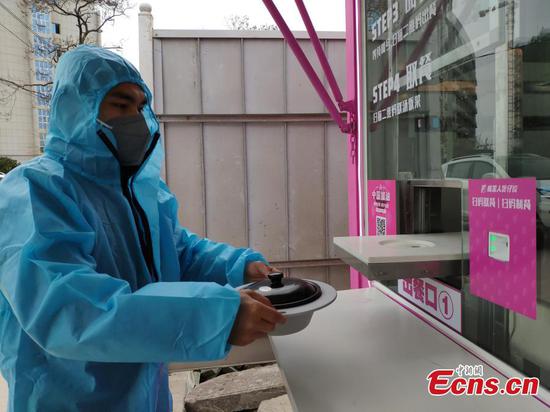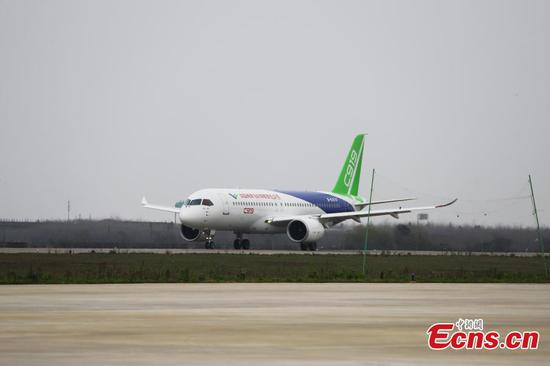The increase in the number of new novel coronavirus cases in South Korea and Japan could cause disruptions in the global electronics supply chain, analysts said on Thursday.
Chen Jun, chief analyst of Beijing-based market research agency Sigmaintell Research, said South Korea and Japan are the major producers of crucial electronics components and production materials in the world. If the outbreak cannot be brought under control soon in the two countries, supply of key electronics components such as chips will be crimped and their prices will go up, he said.
According to Chen, since the fourth quarter of last year, the production capacity of some components such as memory chips and image sensors has already started becoming tight. The epidemic is likely to worsen the situation, though it is only one of the factors that can drive up the prices, Chen said.
Memory chips are widely used in smartphones, personal computers and data servers. In smartphones, memory chips are the most expensive part, accounting for roughly 25 percent to 35 percent of the overall production costs, analysts said. South Korea's Samsung and SK Hynix are among the key producers of the crucial component.
Samsung, for instance, is the No 1 producer of NAND chips, a type of flash memory chips, in the world. The South Korean firm accounted for 35.5 percent share of the global NAND chip market in the fourth quarter of 2019, in revenue terms. SK Hynix, the sixth-largest NAND chip maker, accounted for 9.6 percent of the market, according to DRAMeXchange, the memory and storage division of the market research agency TrendForce.
In other words, the two companies account for some 45 percent of the global NAND chip market. When it comes to DRAM, another type of flash memory chips, their combined market share is even higher at 72.7 percent.
At the same time, Japan is an important producer of semiconductor materials. In the first five months of 2019, the semiconductor materials Japan has produced accounted for 52 percent of the global production volume, data from a South Korean government report show.
Fang Jing, chief electronics analyst at Cinda Securities, said most semiconductor manufacturing plants are dust-free, which makes them less vulnerable to virus infection. High automation and workers in protective suits should help fight the epidemic.
In the short term, the plants in South Korea and Japan should be able to continue production despite the virus outbreak. But if the epidemic spirals out of control in the two countries, the production will have to be scaled back, Fang said.
Analysts also said many South Korean and Japanese tech companies, such as Samsung and SK Hynix, have plants in China where the epidemic is under better control. As more of these Chinese factories maintain production, it could help increase supply to some extent.
The possible supply shortage is, however, unlikely to affect some personal computer makers that have stocked these components. Yang Yuanqing, chairman of Lenovo Group Ltd, the world's largest personal computer maker, said on Feb 20 that the company has stocked components for several weeks, which can meet its demands.











